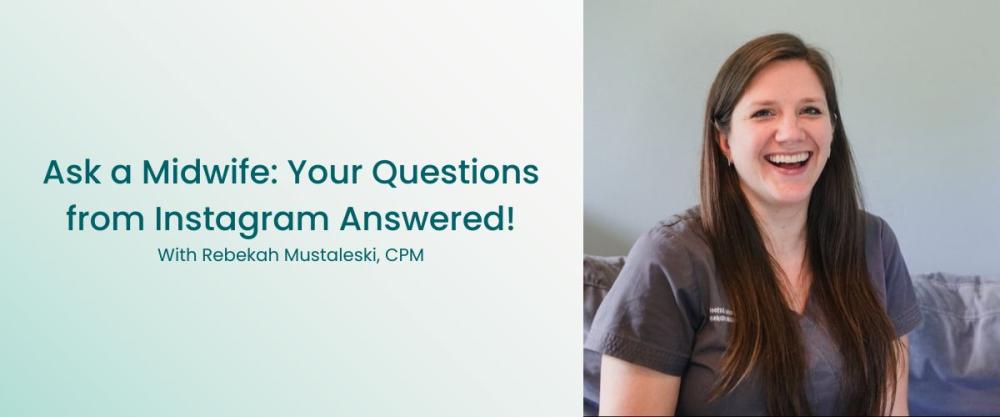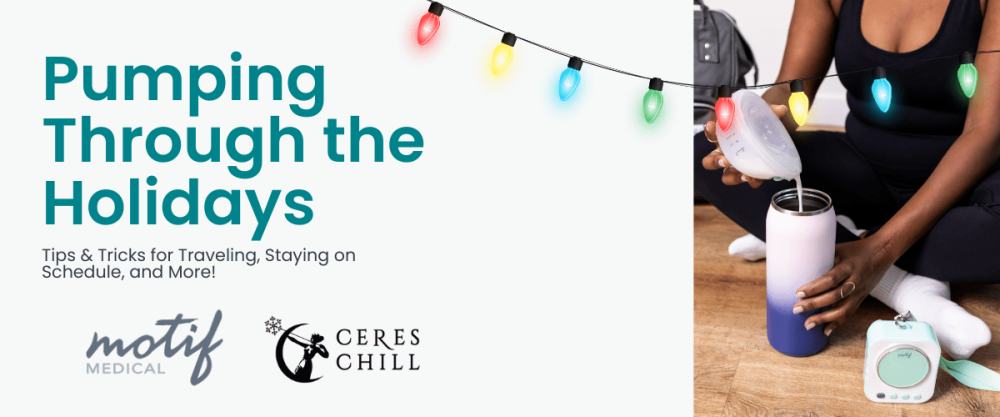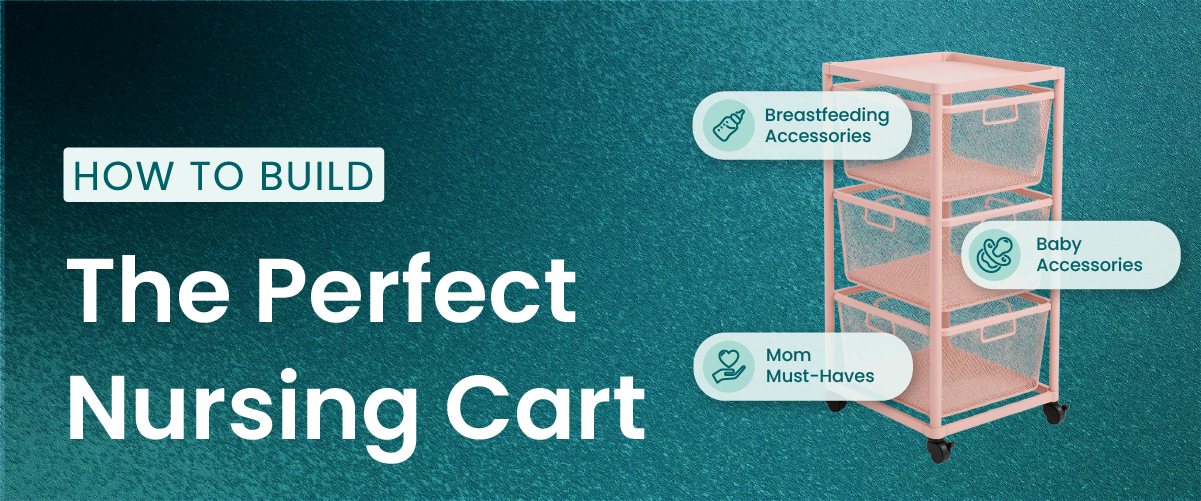Finding a healthcare provider to care for you and your baby throughout pregnancy and birth is no small task. Sure, you could go to your sister’s obstetrician or the practice that all of your friends went to—but what if you have different opinions about how you want your birth experience to go? For example, maybe your friend’s doctor specializes in high-risk pregnancies, but you’re low-risk...or what if that midwifery practice that everyone loves only does home births? How can you ensure that you and your provider are on the same page about the aspects of birth that are important to you? The best way to do that is to interview the people you’re considering using for your prenatal care.
Where to Start
If you’re interested in midwifery care for your pregnancy, the first step is to decide where you want to give birth. Most Certified Nurse Midwives (CNM) deliver babies in the hospital or do birth center births. On the other hand, certified Professional Midwives (CPM) attend births outside the hospital, at your home, or a birth center. All midwives are considered experts on normal, natural birth, so if that’s the birth experience you’re hoping for, a midwife is the way to go!
There are endless possibilities for questions to ask during an interview, and I’m going to give you a list of some of the most common ones, but truthfully you need to ask the questions that are the most important to you. There are no wrong or right questions—you’re the only one who knows what you truly care about regarding your pregnancy and birth. So don’t hesitate to ask about anything that matters to you. You want to ensure that you and your provider agree about the topics that are most important.
What's the Longest You Can Go Without Emptying Breasts Without It Affecting Supply?
Your breast milk supply is regulated by a "demand and supply" system, meaning that your body will continue making as much milk as you remove from your breasts, either by breastfeeding or pumping. This system isn't regulated by the time between sessions as much as it is set by how much milk is removed from the breast.
So as long as you are following your baby's feeding cues and you are baby's only source of nutrition, your body will continue to make as much milk as your baby needs. However, suppose you supplement with formula, previously pumped milk, or donor breast milk. This can affect your milk supply, especially if you aren't pumping or hand-expressing the same amount of milk that baby drank.


What's the Best Way to Manage Morning Sickness?
Managing morning sickness is a bit of trial and error. Unfortunately, there isn't "one best way" for everyone. Some people have a condition called hyperemesis gravid arum, which is extreme nausea and vomiting that can affect the health and well-being of the pregnant person. You should contact your healthcare provider if you cannot keep food or fluids down for more than 24 hours.
- For morning sickness, several tips can help keep your stomach settled:
- Have crackers or another snack to eat before you even get out of bed in the morning
- Eat small meals throughout the day. Try to graze on something all day long.
- Add lemon or mint to your water. Sip on fluids, don’t drink a lot at one time.
- Drink seltzer water or ginger ale; the carbonation can help settle your stomach.
- Eat ginger chews or drink ginger tea.
- Acupressure bands for motion sickness can be worn all day.
- B vitamins, especially B6 and B12, can help ease nausea and vomiting. Taking your supplements at night before you go to bed can also be beneficial.
Is There a Difference Between a Midwife and a Doula?
The Role of a Midwife
A midwife is a trained healthcare provider who is responsible for the physical well-being of the mom and the baby. She will monitor both throughout pregnancy, delivery, and postpartum. Midwives are considered the experts in normal, natural birth and are certified and licensed by the state where they practice.
The Role of a Doula
A doula is a birth professional who helps you prepare for your birth by providing informational support and acting as an educator through the process. Birth doulas do not receive medical training and are not there to assess the situation's safety but to help you make decisions throughout the process. Some doulas are certified and have gone through doula training to help them better physical and emotional support for the families they work with, but doulas are not healthcare providers.
Can I Dye My Hair While Pregnant?
It is generally considered safe to dye your hair while pregnant, but remember that your skin is your body's largest organ, and the chemicals used in hair dye will be absorbed on your scalp. For this reason, most healthcare providers recommend waiting until the 2nd trimester to color your hair.
Are Cervix Checks Necessary?
Cervical checks during labor are pretty standard if you’re giving birth in the hospital. However, they are an invasive procedure, and they certainly aren’t comfortable, so it is within your rights to decline them if you want to. If you’re planning a homebirth or a birth center delivery, your birth team may or may not routinely do cervical exams, but it’s an excellent question to ask when you’re interviewing!
With all that being said, there are some times when doing a cervical exam would be beneficial for both you and your healthcare provider:
- If you think you might be experiencing preterm labor: The only way to know if the contractions you’re having are real labor contractions is to see if they are causing cervical change, and the only way to know that is by checking your cervix.
- If your labor isn’t progressing as expected: It might be a good idea to have your provider check your cervix so that you all can add that information to your decision-making process.
Conclusion
No matter how much your friends or family members may have loved their healthcare provider during their pregnancy, make sure you interview the obstetrician or midwife for yourself. You are your person, and everyone has their ideas of how they want their birth. So ask the questions you care about and keep interviewing until you find the provider that makes you feel comfortable, safe, and trustworthy to take care of you and your precious baby.
Information provided in blogs should not be used as a substitute for medical care or consultation.







